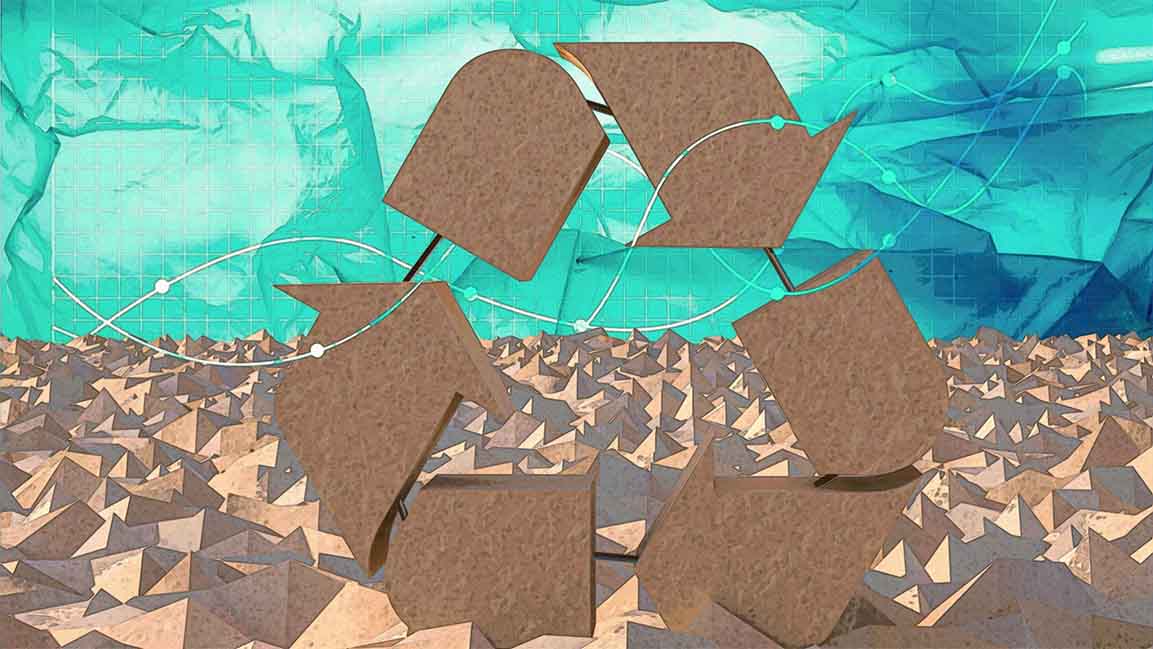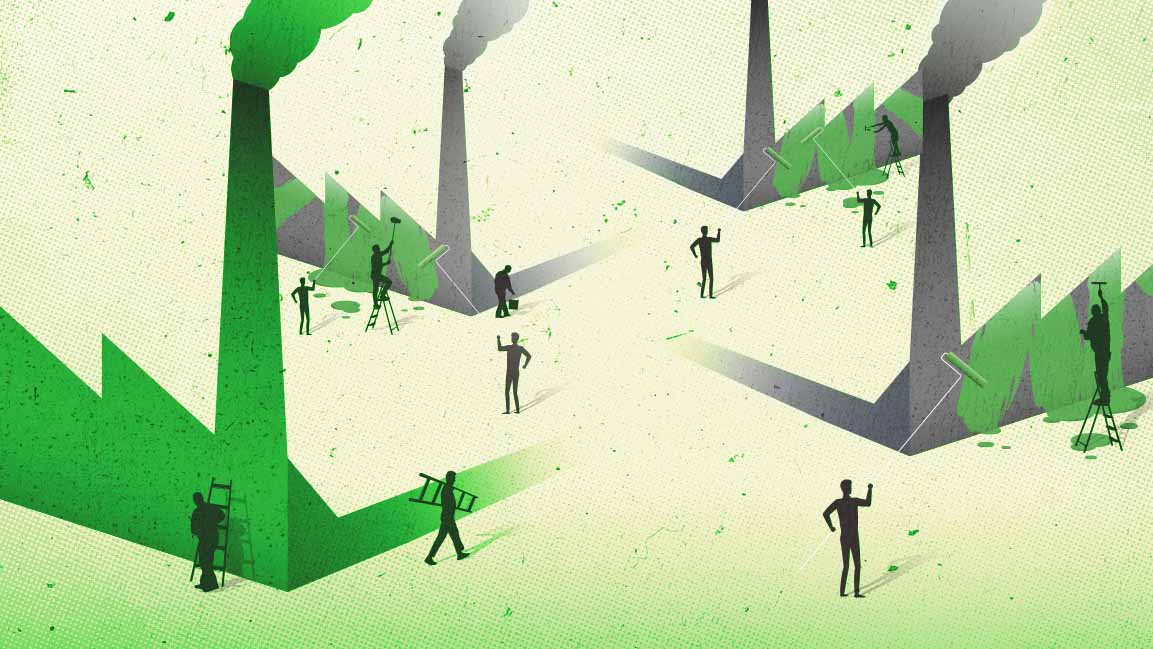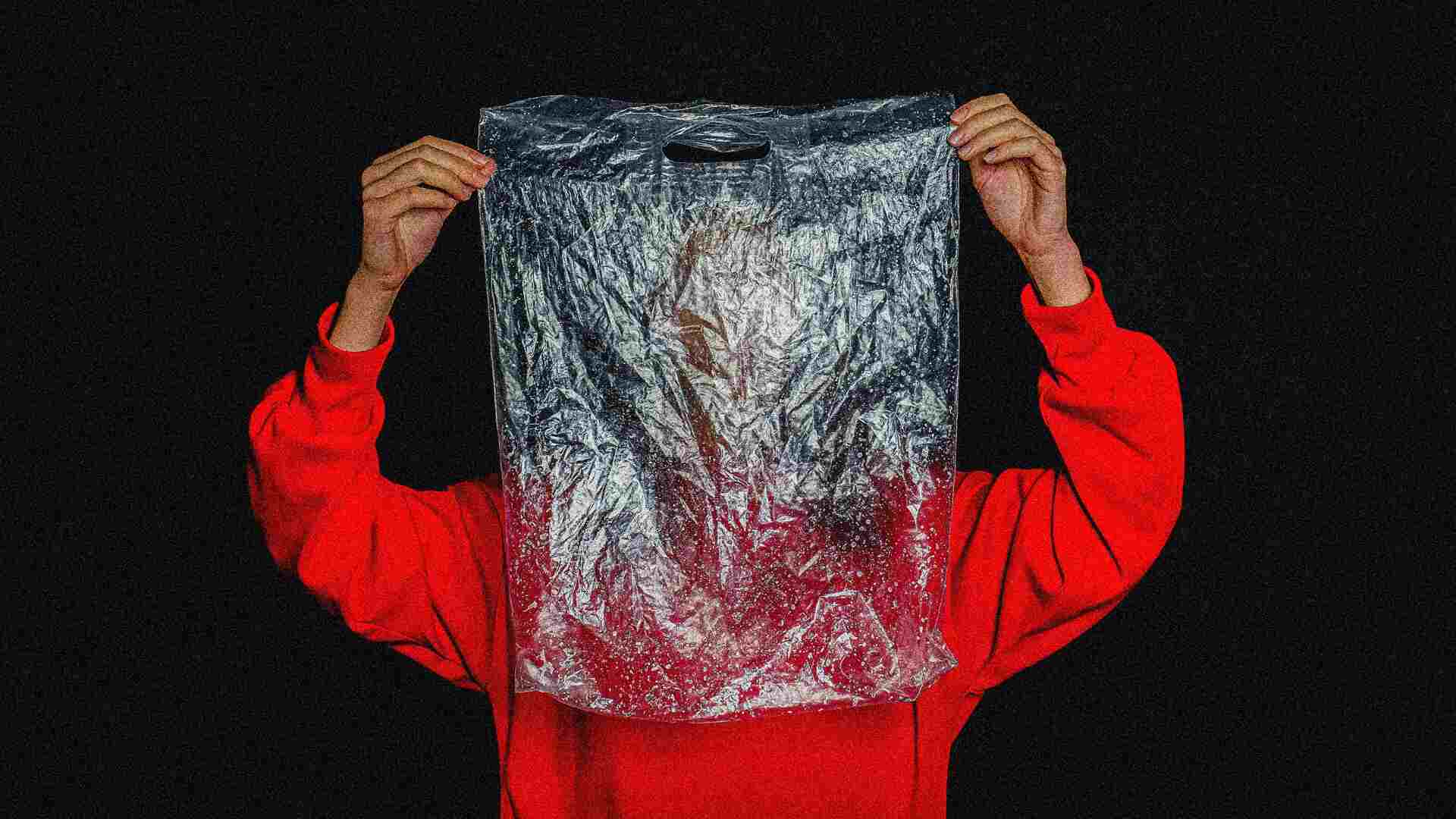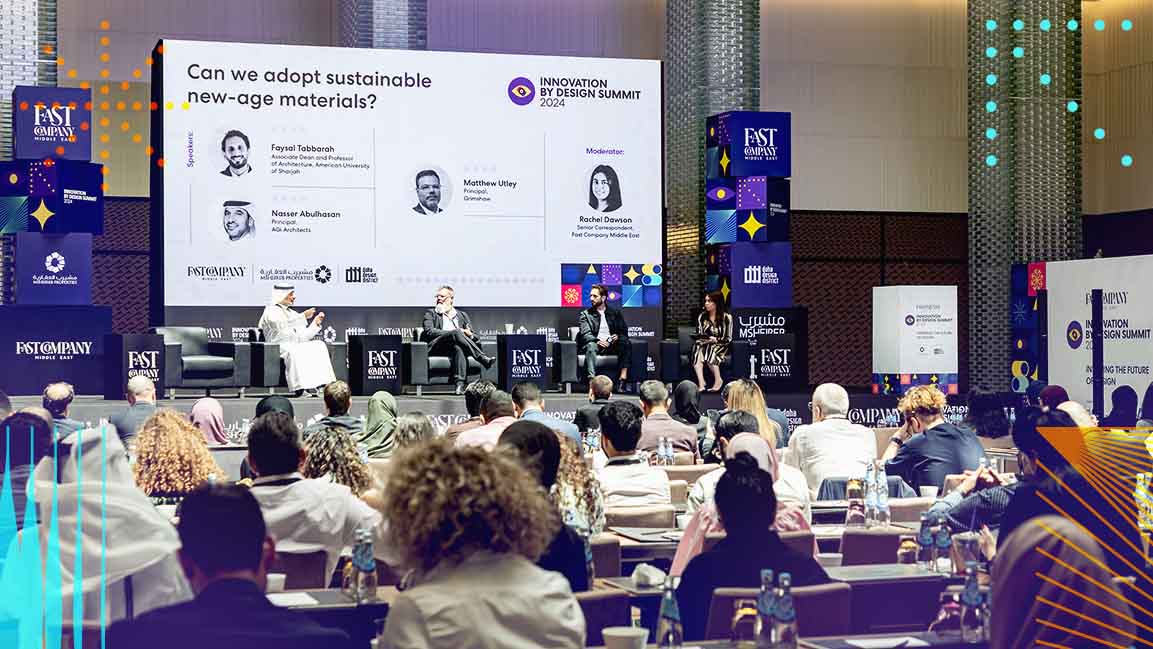- | 10:00 am
Can recycling steer the green economy in the Middle East?
Recycling can drive sustainability and economic growth through responsible waste management practices.

The Middle East is steadily promoting a greener future. At the forefront of this movement is the growing recognition of the transformative potential of recycling and its economic advantages. What was once a mere environmental practice has become a driving force behind the region’s quest for sustainability.
In parallel with the region’s focus on recycling, companies across various sectors in the region are playing a crucial role in driving sustainable practices and contributing to the circular economy and responsible consumption.
“Sustainability and the environment are the heart of our operations. Our goal is to save anything we can from the landfill. From the smallest screw to home furniture, we try to find a way to resell, reuse, refurbish, or recycle it,” says Faisal Khan, CEO of Take My Junk UAE.
As major waste generators, businesses play a significant role in shaping sustainable practices. For Ibrahim Abudyak, the CEO and co-founder of The Smash Room, the conviction to recycle smashed items was driven by a sense of responsibility to minimize the environmental impact and promote sustainability.
To dispose of smashed items from junkyards and promote electronic donations, The Smash Room sought an optimal solution. The Dubai government’s initiatives to streamline recycling facilitated their partnership with a local company for regular, sustainable waste management. During bubble wrap activities, they prioritized recyclable plastic usage, minimizing environmental impact and earning a favorable reputation among eco-conscious customers.
“We have made it part of our company values to promote sustainability and recycling, which we share and emphasize with our franchisees. By doing so, we hope to create a culture of eco-friendliness and sustainability throughout our business operations,” says Abudyak.
RESPONSIBLE WASTE MANAGEMENT INITIATIVES
Since 2007, BEEAH Group has implemented initiatives and projects to minimize waste and encourage recycling throughout the UAE, Egypt, and Saudi Arabia.
Mohamed Alhosani, Chief Sustainability Officer of BEEAH Group, says, “BEEAH Group also works very closely with governments at the federal, regional, and local levels to develop and implement waste management policies and strategies and to ensure compliance with environmental regulations.”
In addition to its work with government agencies, the company collaborates with other organizations, such as universities and research institutions, to advance sustainable waste management practices.
However, implementing sustainable initiatives has not been without its challenges. Abudyak says, “One of the most significant challenges we have faced is finding suitable local recycling facilities that can handle the types of waste we generate. In some cases, we have had to work closely with local authorities to develop solutions to deal with our waste sustainably. Additionally, we have found that some customers are not yet as invested in sustainability as we are, making it challenging to communicate the importance of eco-friendly practices.”
In the past 15 years, the UAE has seen a shift in how much the population cares about sustainability, recycling, and the environment, believes Khan. “Customers can make a call or send a message and fill a form, while we can go home to collect the items for recycling, for free.”
After receiving items from customers, they are refurbished, if necessary, and resold at affordable prices to low-income families in Ajman and UAE. If an item is not sold, it is given away for free or recycled.
The company also collaborates with large companies on campaigns to educate the masses on sustainability and recycling. “We help companies fulfill their corporate sustainability goals and increase their efforts towards sustainability.”
Recycling and sustainability initiatives in the Middle East are designed to align with local regulations and standards, ensuring compliance and promoting environmentally responsible practices.
“To align our initiatives with local regulations and standards, we make sure that we only smash items that can be recycled,” says Abudyak. “This way, we can ensure that the local recycling services can appropriately handle the waste we generate. Additionally, we take responsibility for separating the smashed items before putting them into recycling bins to make the recycling process more efficient and effective.”
ENVIRONMENTAL BENEFITS
The environmental benefits derived from recycling efforts are both substantial and wide-ranging. Khan says that the company is revisiting and restructuring the processes to ensure they aren’t doing anything that may harm the environment. “We also stay up to date with new technologies that may assist us in our sustainability goals.”
For Abudyak, The Smash Room’s recycling program has also inspired sustainability artists to use the collected items in their art, promoting creative reuse and reducing waste. “By collaborating with sustainability artists, we can raise awareness about environmental issues and the importance of reducing waste.”
Through collaborative efforts with governments, universities, and research institutions, businesses in the region are charting a course toward a future where environmental consciousness and economic prosperity go hand in hand. By prioritizing recycling and aligning with local regulations, the region is paving the way for a greener, more sustainable tomorrow.








































